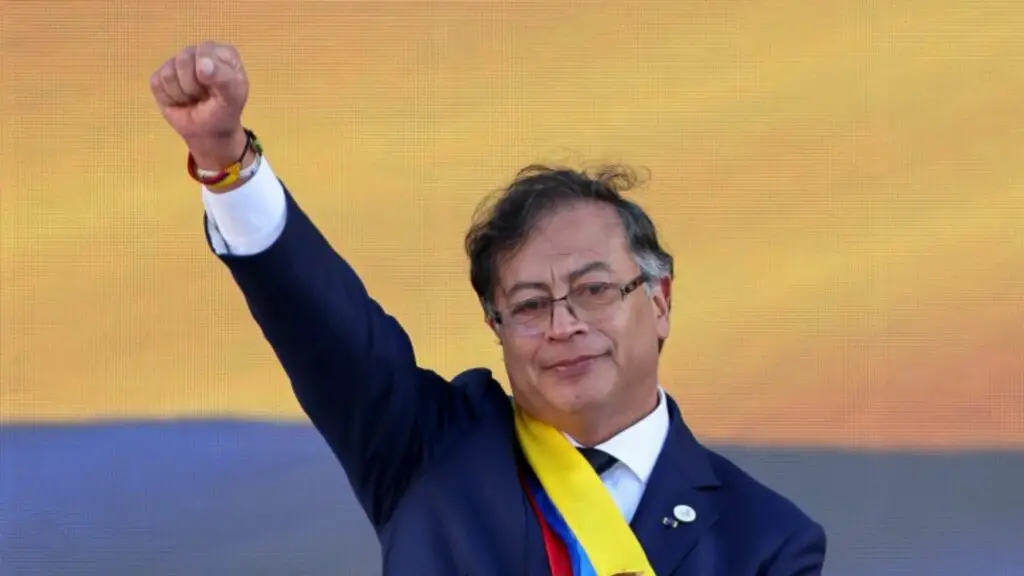Gustavo Petro A Former Rebel Has Become First Leftist President Of Colombia
Sworn in as Colombia’s first Marxist president and a new chapter in the country’s history, Gustavo Petro promised to battle inequality and bring an end to decades of conflict between the government and guerrilla organisations.
Former M-19 guerrilla Gustavo Petro won Colombia’s presidential election in June by defeating conservative parties that pledged mild adjustments to the market-friendly economy but failed to connect with voters frustrated by rising poverty and violence against human rights activists and environmental groups in rural areas. Petro won the election by beating conservative parties.
As a result of the pandemic, a growing number of leftist politicians and political outsiders have been able to win elections in Latin America. Petro is one of them.
The election of the ex-rebel was also unprecedented in Colombia, where voters had previously been unwilling to support leftist politicians who were frequently accused of being soft on crime or aligned with insurgents.
With the signing of a peace agreement in 2016, Colombia’s government and the Revolutionary Armed Forces of Colombia (FARC) were able to shift the public’s attention away from the violent battles taking place in rural areas and onto issues such as poverty and corruption.
When it comes to Colombia’s social and economic imbalances, Petro, 62, has pledged to increase funding for poverty relief programmes and rural development. He has called the antinarcotics strategies of the United States a “big failure,” including the forcible destruction of illegal coca crops. As for working with the United States “as equals,” he has said he wants to bring infrastructure and climate change initiatives to rural areas, where many farmers think coca leaves are the only viable crop.
During his presidential campaign, Petro built ties with environmentalists and promised to convert Colombia into a “global powerhouse for life” by halting deforestation and reducing the country’s dependence on fossil fuels.
Even though Colombia’s oil industry accounts for about half of the country’s legal exports, the incoming president has stated that new oil exploration licences will no longer be granted and fracking projects will be banned. He wants to raise taxes on the wealthy and eliminate corporate tax benefits in order to raise $10 billion a year for social spending.
Petro has also stated that he wants to begin peace talks with the other guerrilla groups that are still battling over drug routes, gold mines, and other resources abandoned by the FARC after their peace agreement with the government..
According to Yan Basset, a political scientist at Bogota’s Rosario University, “He’s got a very ambitious agenda But he will have to prioritize. The risk Petro faces is that he goes after too many reforms at once and gets nothing” through Colombia’s congress.
A vast colonial-era square in front of Colombia’s Congress hosted Petro’s inauguration, which was attended by eight heads of state.
First time people from the base have been able to participate in a presidential inauguration, says Luis Alberto Combe of the Guambiano tribe who attended the swearing-in. It is an honour to be here, and we are grateful for the opportunity.
